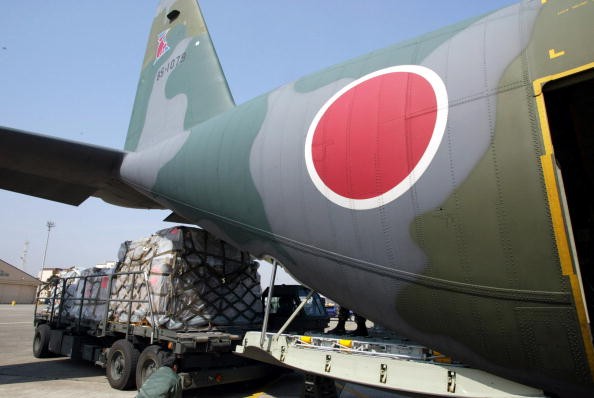Japan switched on a radar station in an island along the East China Sea amid a territorial dispute with China, inciting angry response from authorities in Beijing.
According to Reuters, the radar station known established in Yonaguni Island in Okinawa will provide permanent intelligence for Tokyo near Taiwan, 150 kilometers or about 90 miles south of the disputed territory known as the Senkaku Islands.
"Until yesterday, there was no coastal observation unit west of the main Okinawa island. It was a vacuum we needed to fill," Ground Self Defense Force Lieutenant Colonel Daigo Shiomitsu told the outlet.
Shiomitsu, who was tasked to oversee operations of the Yonaguni base, further explained that the radar station will be able to provide them with quick information on activities in the area to "respond to all situations" and monitor the territory surrounding Japan.
However, China was angered by the move, reiterating their claim on the Diaoyu Islands.
"The Diaoyu Islands are China's inherent territory. We are resolutely opposed to any provocative behavior by Japan aimed at Chinese territory," the Chinese defense ministry responded.
Furthermore, Chinese Foreign Ministry spokesperson Hong Lei expressed his hopes that Japan would act more cautiously and "do more" for peace in the region in the midst of argument between the two Asian nations, as reported by the Global Times.
"China has a clear and consistent stance on the East China Sea and Diaoyu Islands issues," Hong said.
Hong also reminded Tokyo of the consequences of such acts based on history, emphasizing that Japan should remember to act "with discretion" to keep the peace.
"We hope the Japanese side learns from the hard lessons of history, sticks to the path of peaceful development, acts with discretion on military and security issues and does more to enhance mutual trust with neighbors and to benefit regional peace and stability," Hong stated.



























